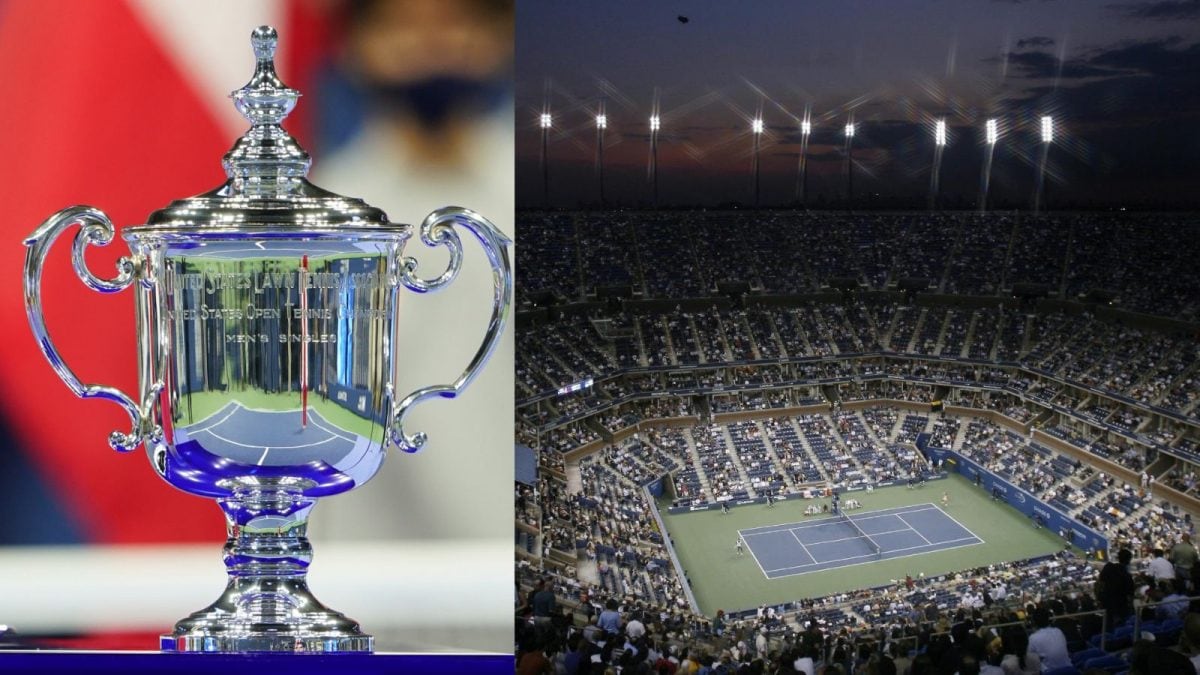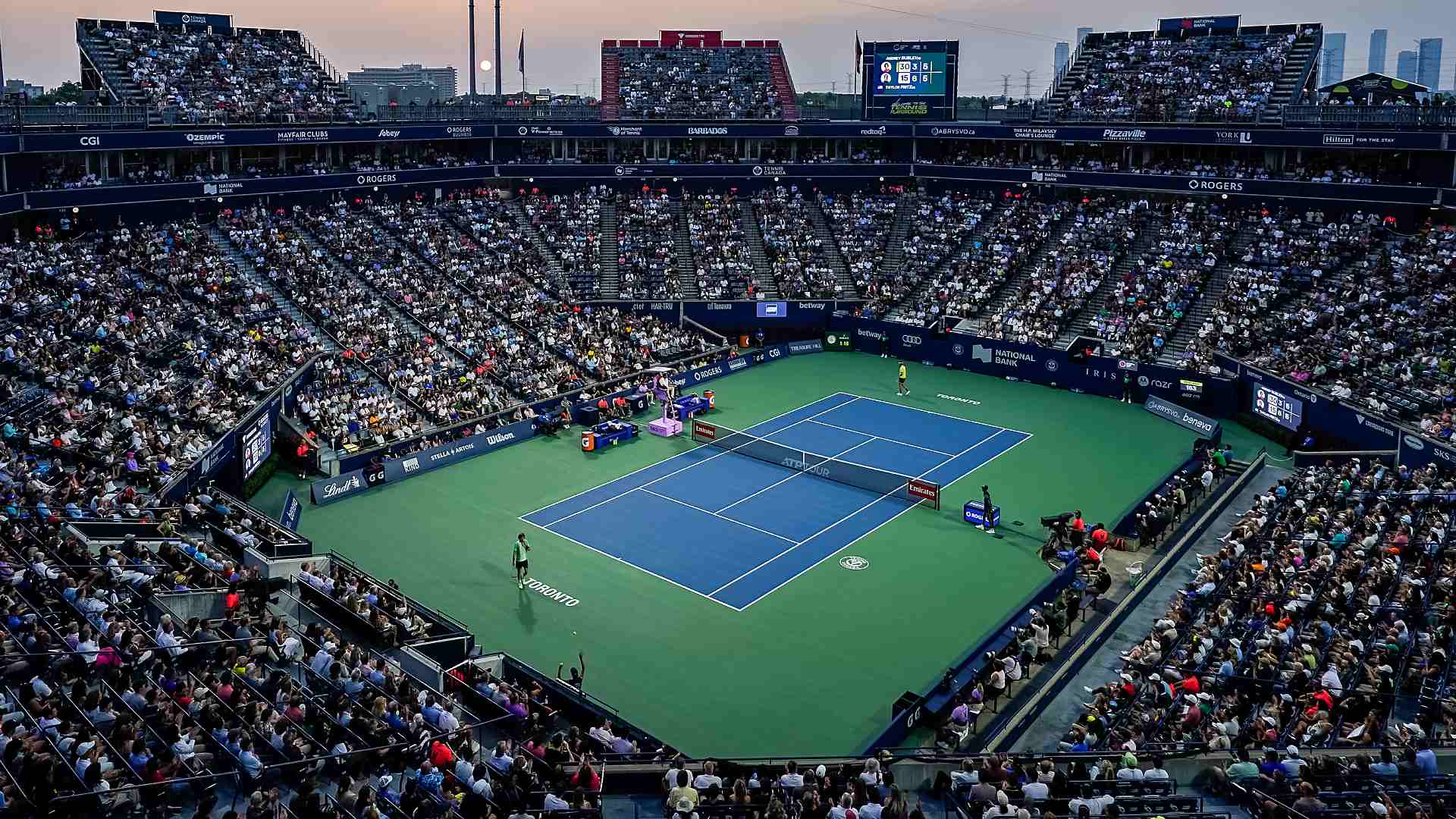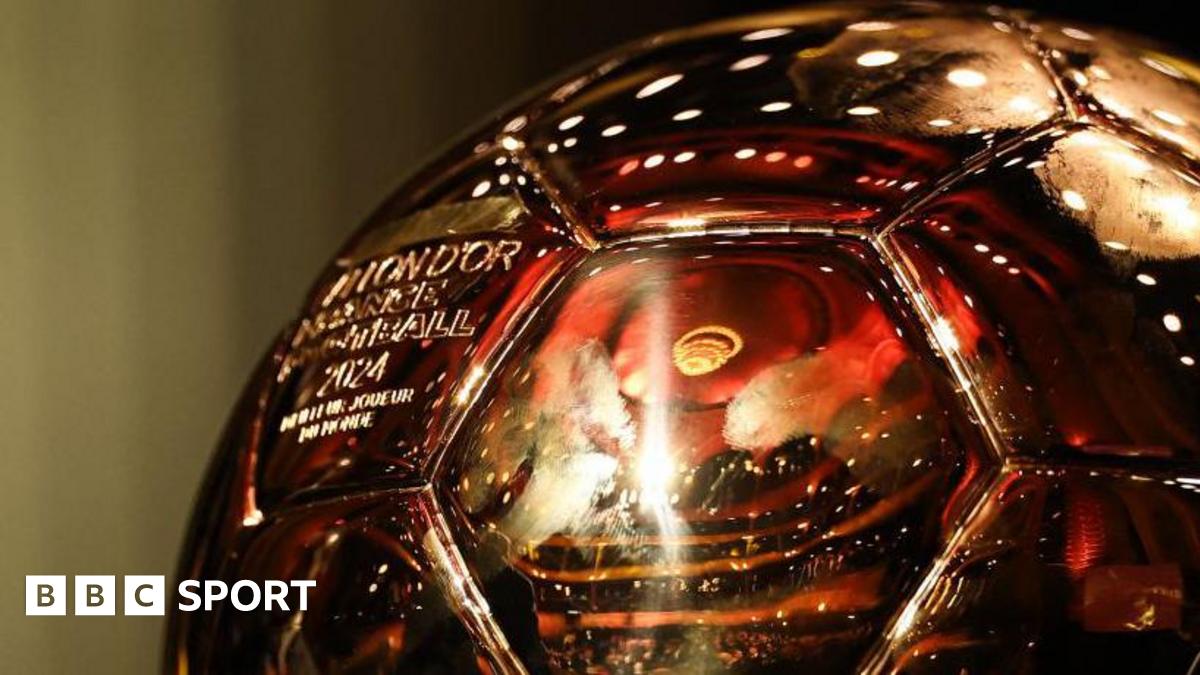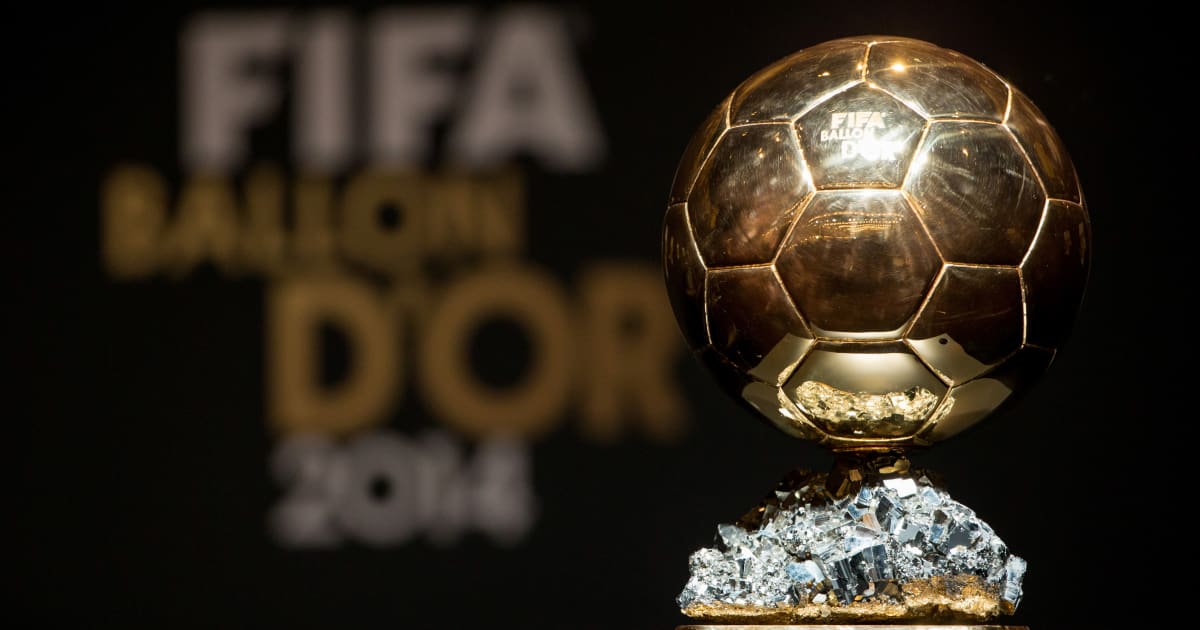‘I made €247,000 in tennis... so not a lot': Conor Niland on the true cost of competitive sport

“129 - if I see that on a speedometer or 1.29pm on a digital clock, it gets my adrenaline going.”It’s the number that stops Conor Niland in his tracks, the same number that represents his career high rank in the incredibly competitive – and potentially extremely lucrative – world of tennis.Today, Niland (43) works in commercial property, in addition to recently becoming a celebrated author – his memoir The Racket won the William Hill Sports Book of the Year Award in 2024.“I started in commercial property at 31, 32… All that stuff was new to me. Everything about the working world – even the office printer and scanner – was new to me,” he tells Katie Byrne on the latest episode of the Money Talks podcast.“I didn’t know any of that stuff. I’d never had to do it. Writing emails to clients, calls in an open-plan office… You know, with your boss not listening in but obviously sitting beside you and can’t not listen.”Niland also gives listeners an insight into prize money and the highest-paid players in tennis. “We have billionaires in our sport,” he says. “The likes ofRoger Federer and Serena Williams, who are able to earn incredible money after they finish their [careers]. True sporting icons, not just tennis icons.“But then, obviously, you have this big pyramid or bottleneck in tennis where you’ve got the very, very tip who are earning an awful lot of money and then it goes quite quickly to a very wide base of players who are really struggling to make ends meet and make money week to week.”During his career, Niland earned approximately €247,000 over the course of seven or eight years. “Not a lot of money”, he notes, while speaking candidly about his decision to call time on his playing career at a young age.“I definitely reconciled with myself at a certain period of my career that I was unlikely to be coming out of this with a pension and a nest egg and an awful lot of money.“When I was hitting 27, 28 years of age my goal became ‘I want to play in the Grand Slams’ so I can give myself context and achieve a dream.“And I was getting to a point where my career was washing its own face – at #150 in the world, #200 in the world, I was sort of making, give or take, what I was spending, with a little bit of help from various quarters. That made it a lot easier – but then, it’s no coincidence that I stopped playing at 30 years of age.”You can listen to stories from Niland’s days on the court as well as how he successfully transitioned away from the sport and into a more traditional nine-to-five role on the latest episode of Money Talks or wherever you get your podcasts.












